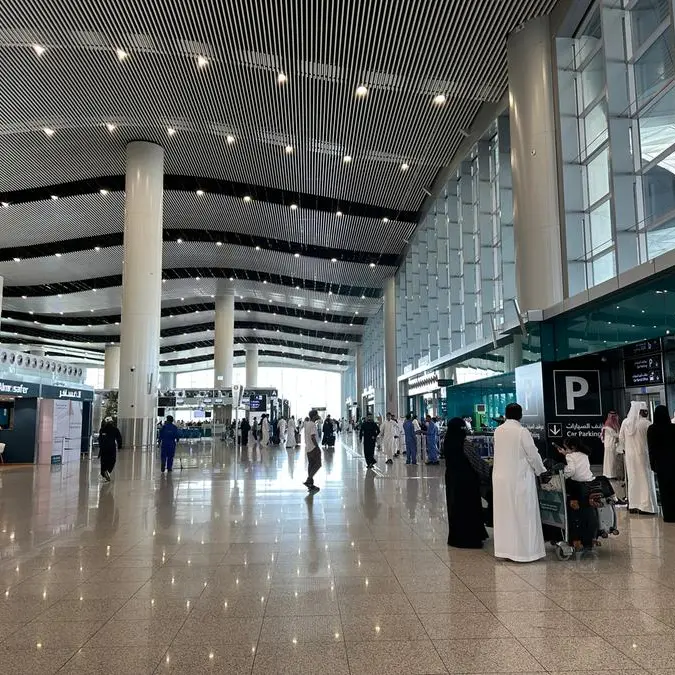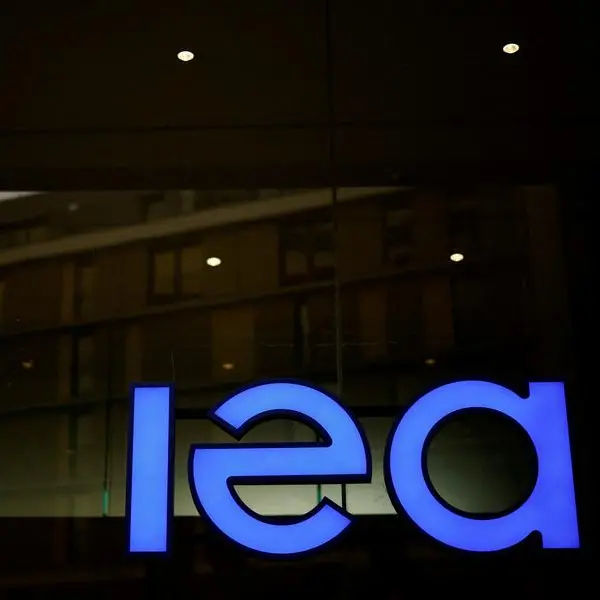PHOTO
In mid-April the Dubai Land Department (DLD) issued its quarterly report on real estate transactions, which showed there had been 13,759 sales, mortgage agreements or other deals conducted in the first three months of the year.
The total value of the transactions reached Dh58bn ($15.8bn), with the bulk of that figure – Dh30.6bn ($8.3bn), or 3717 agreements – comprised of mortgages. A further Dh19bn ($5.2bn) was posted in direct sales, with just over 950 transactions recorded, while other transfers accounted for Dh8.4bn ($2.3bn).
The first-quarter results fell short of those posted for the same period in 2017, when some 20,000 transactions were conducted, worth a combined Dh77bn ($21bn).
Nonetheless, foreign interest in the property market remained reasonably strong, with overseas investors accounting for more than 5000 transactions, well over one-third of the quarterly total.
Despite a slower first-quarter year-on-year, an increase in activity is expected later in 2018, according to Sultan Butti bin Mejren, director general at the DLD.
“Achieving almost Dh58bn ($15.8bn) in transactions shows strong momentum in the real estate sector for the first quarter, and we expect this to raise the second-quarter transaction index and continue to rally before the end of the year,” he told media.
Muted forecasts for growth in property transactions
While first-quarter figures suggest market activity will need to accelerate if year-end 2018 results are to match those of last year, when 69,000 transactions worth a total value of Dh285bn ($77.6bn) were registered, some analysts have challenged recovery forecasts.
Ratings agency and financial services firm S&P, for example, suggests the Dubai property market could remain flat or lose ground this year, pointing to falling prices and rising supply as a challenging combination.
Rents and sales prices in the residential and retail segments were likely to ease further in 2018, after falling by between 5% and 10% last year, the agency said in a report issued in February.
Residential supply levels expanded by an estimated 3800 units in the first quarter, according to data from property consultancy Cavendish Maxwell, with new retail land office space also being rolled out in the opening months of 2018.
Mortgage changes to raise investment interest
Increasing supply across all real estate sectors in Dubai is affording occupiers a widening choice of location and quality. This choice has caused some landlords to reduce their pricing in order to remain competitive. “The market is very sensitive to pricing and in spite of a significant increase in transaction volumes in 2017, I expect values to decline during 2018 as landlords and tenants try find a new level of pricing to reflect new and forthcoming supply levels,” Nicholas MacLean, CEO of real estate consultancy CBRE, told OBG.
To help address the imbalance, the authorities are introducing measures to facilitate real estate transactions. In late April the DLD announced plans to develop a new mortgage and finance law designed to attract further investment to the sector. The legislation is expected to allow specialised funds, such as real estate investment trusts, to enter the Dubai market more easily.
VAT relief supports investor confidence
Prospects for expanded financing opportunities under the upcoming mortgage law came fast on the heels of another move designed to stoke investor confidence.
In late March the DLD and the Federal Tax Authority stated that all real estate transactions will be exempt from the newly imposed 5% value-added tax (VAT), with the exception of sales of vacant commercial properties and commercial property leases. Furthermore, leased commercial property will not be considered a supply during its sale by the taxable person and will therefore not be taxable.
The statement added that up to 85% of all elements of the Dubai real estate sector would not be subject to the new levy.
There had been concerns in the lead up to the introduction of the broad-based goods and services tax that most, if not all, real estate transactions would have the 5% VAT applied.
The general exemption of most components of the property market could boost confidence in the sector and encourage further investments.
© Oxford Business Group 2018




















